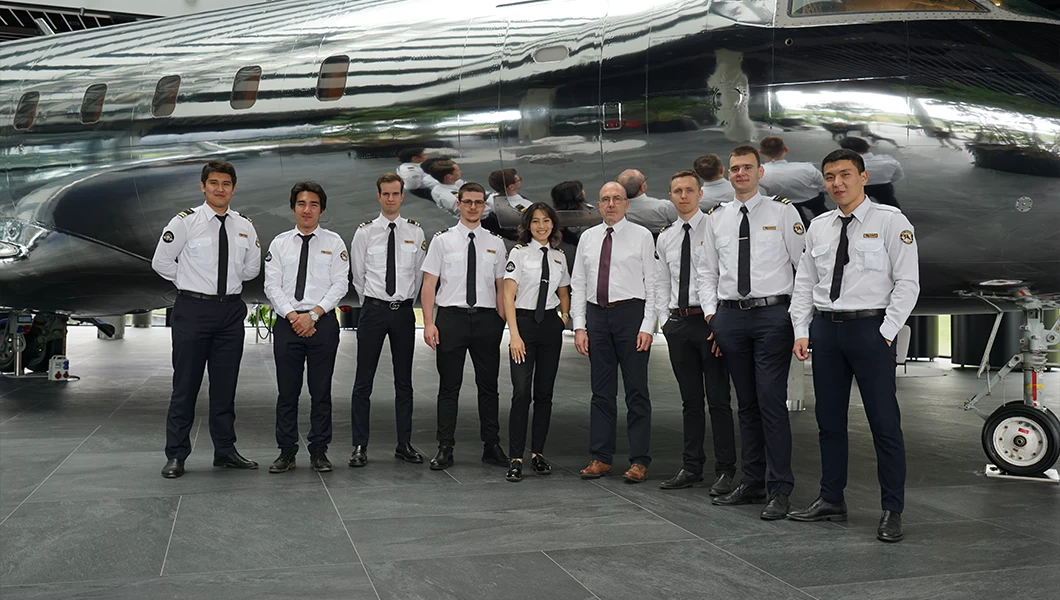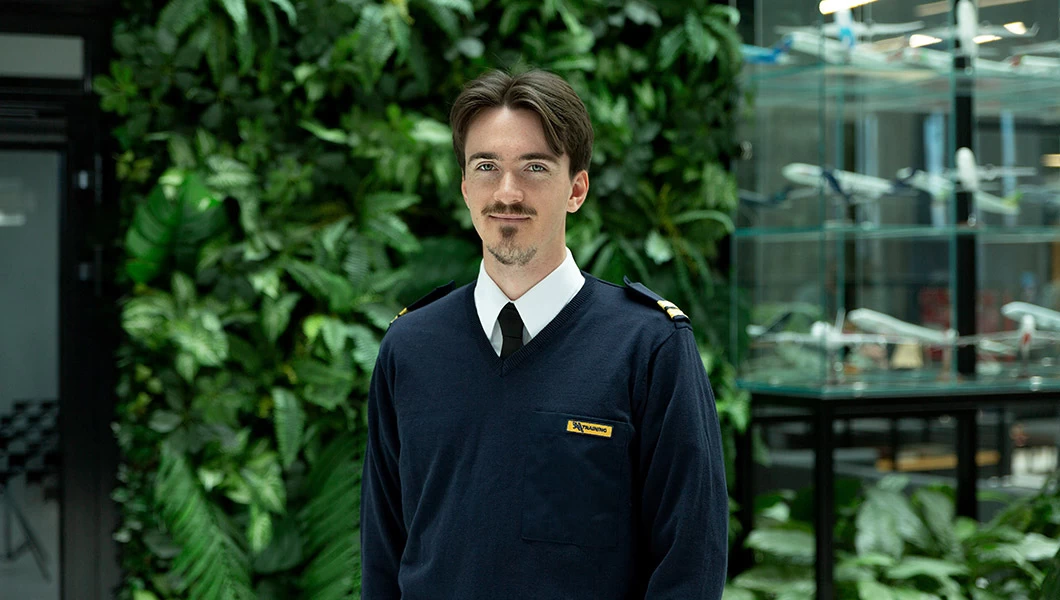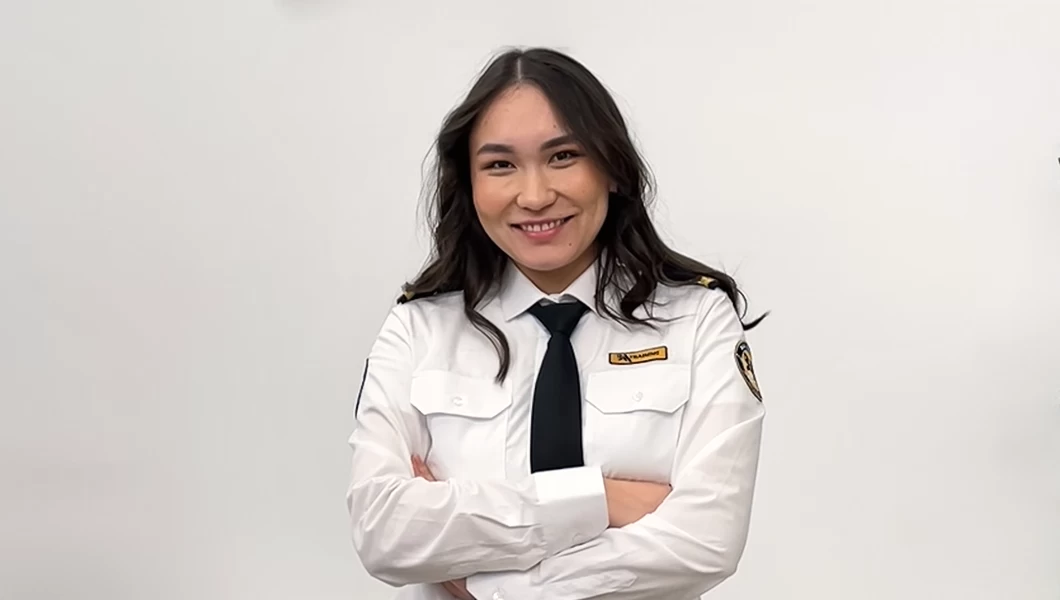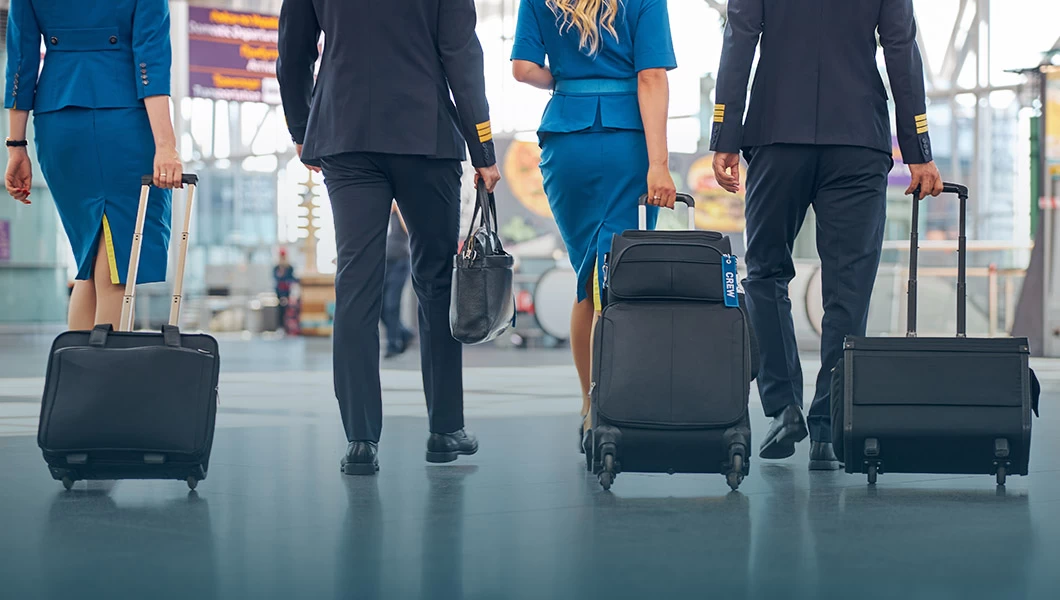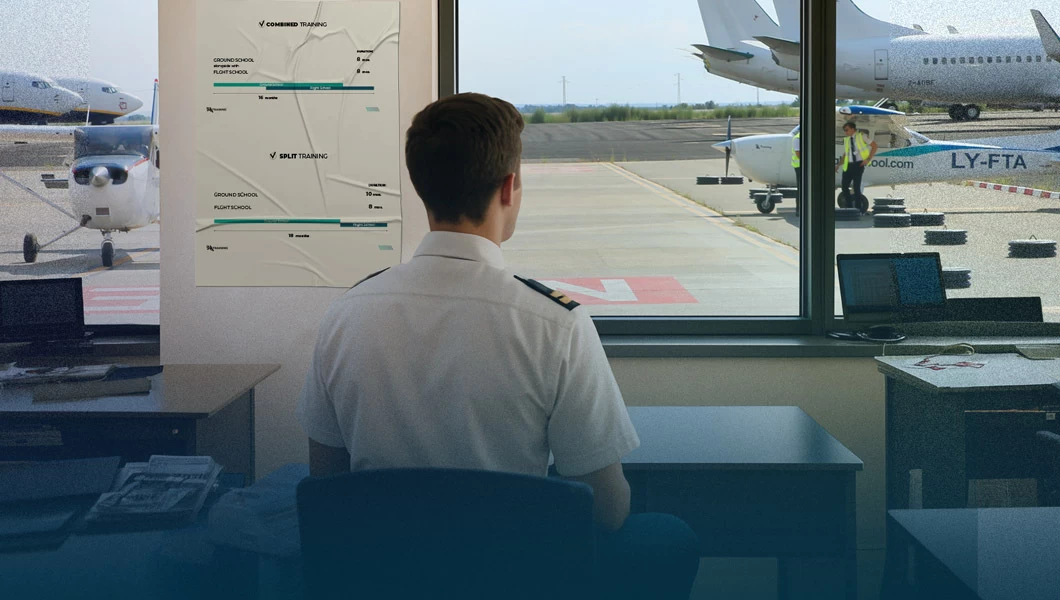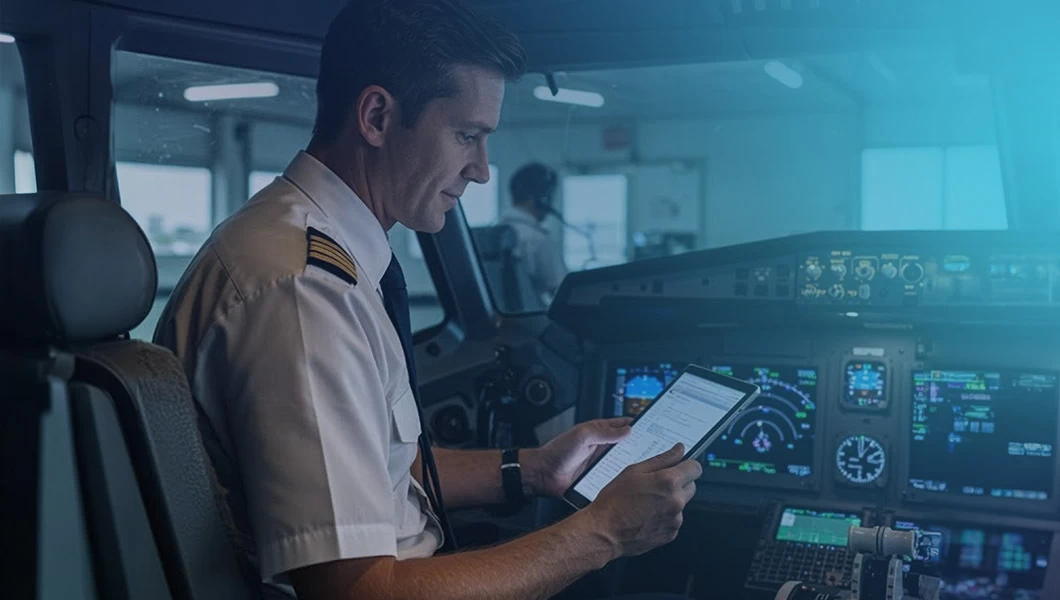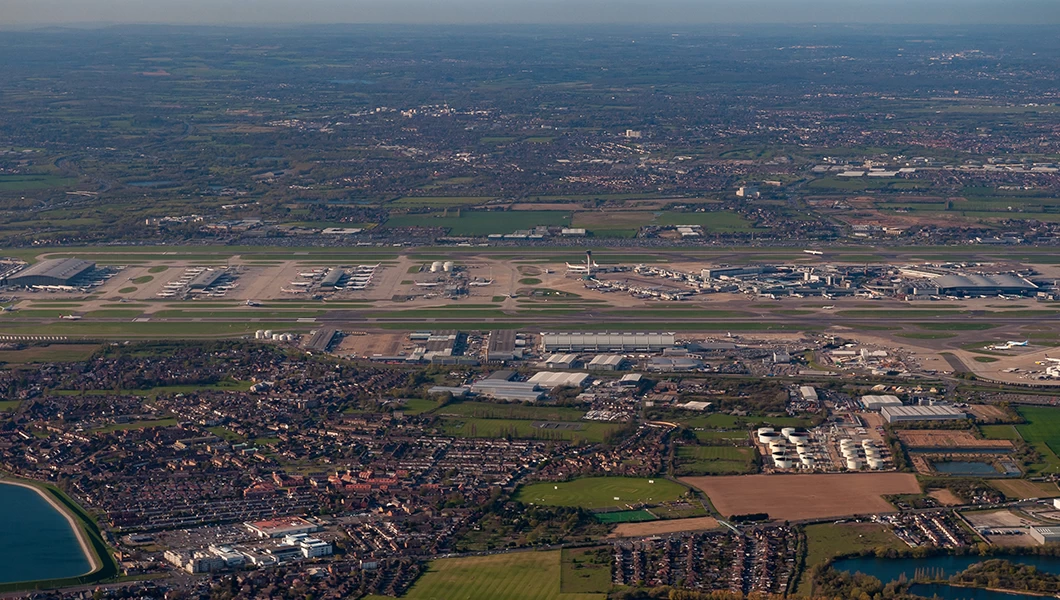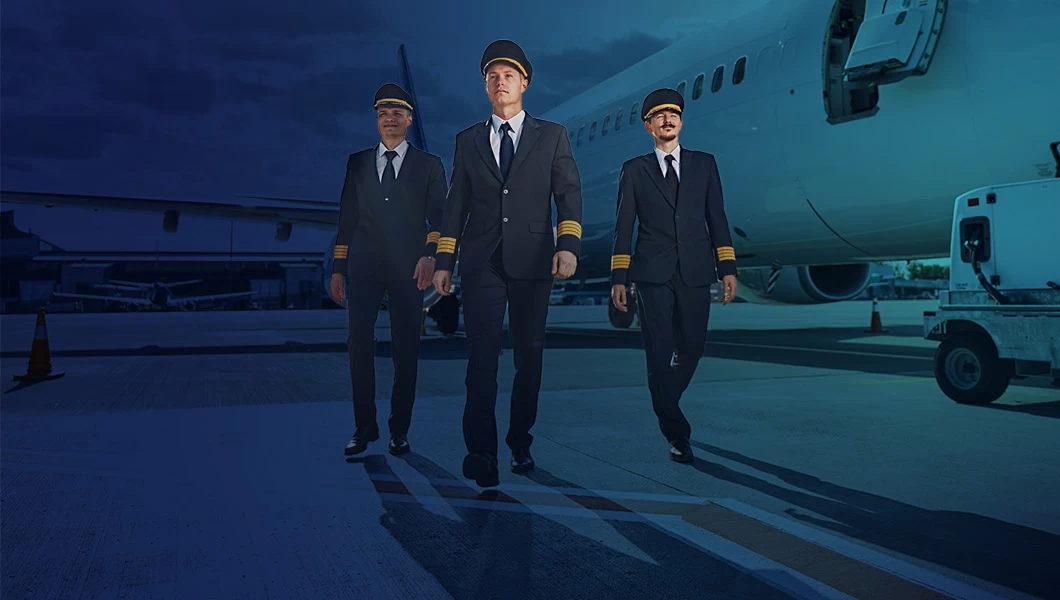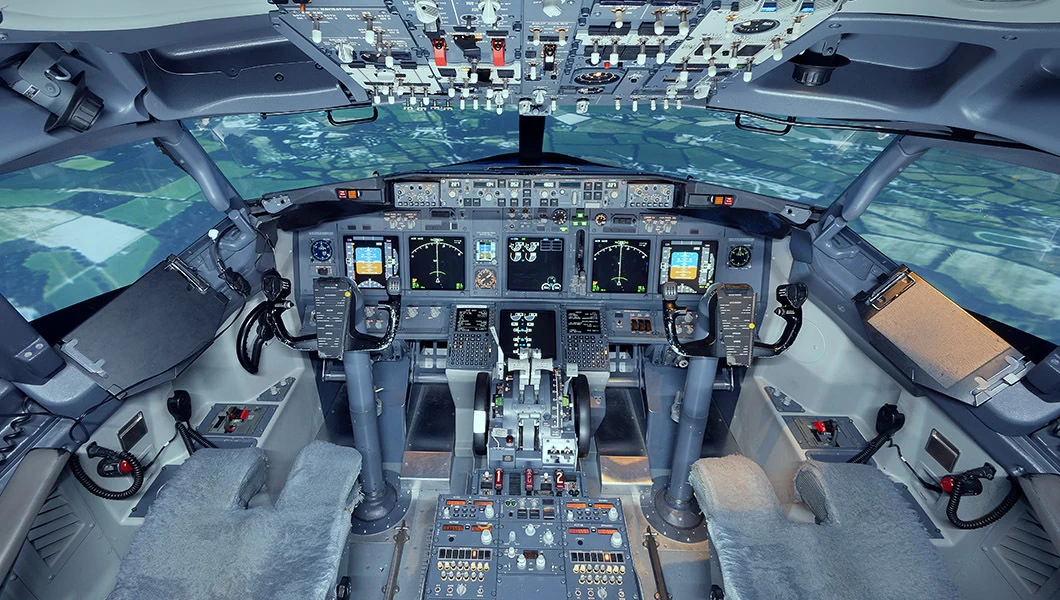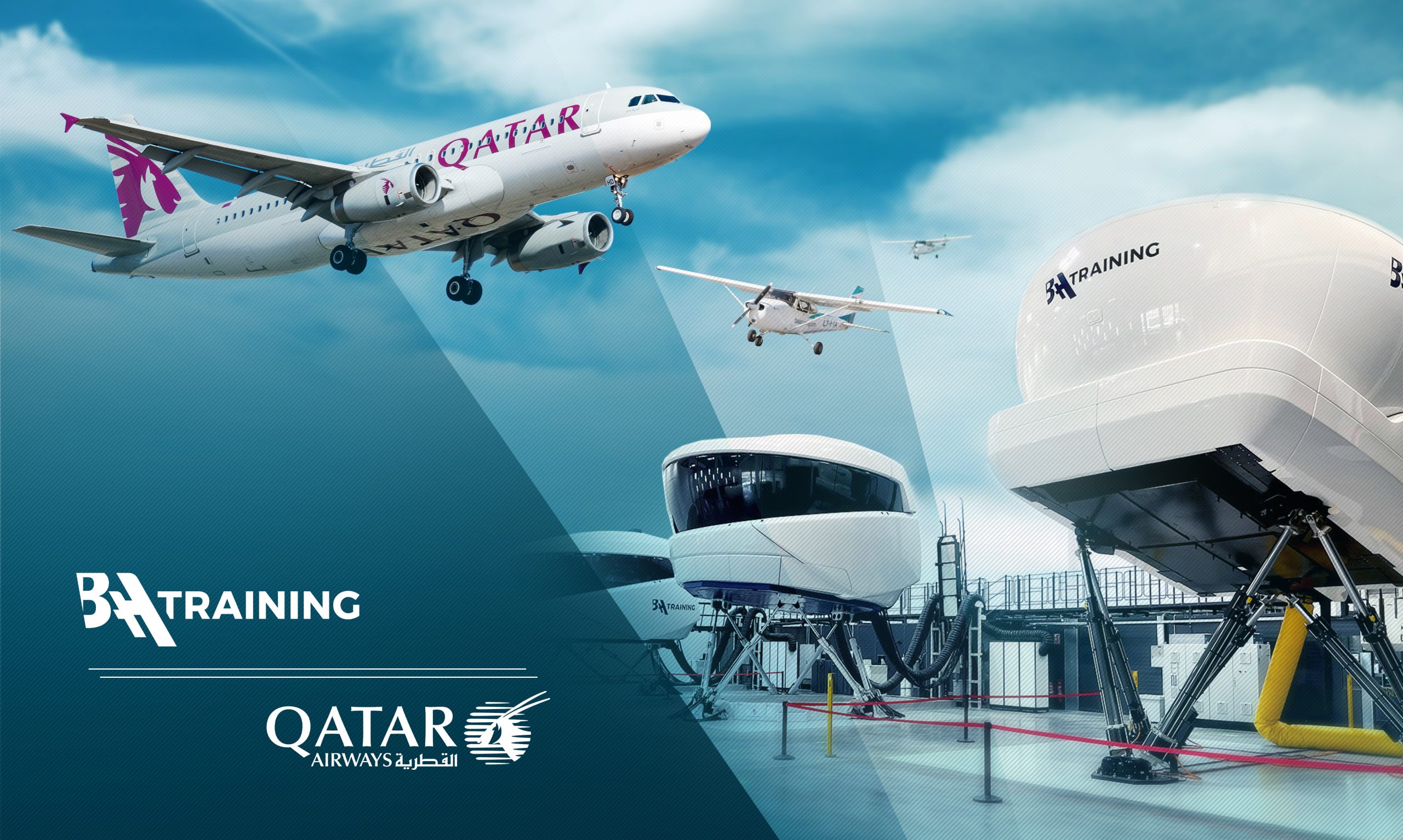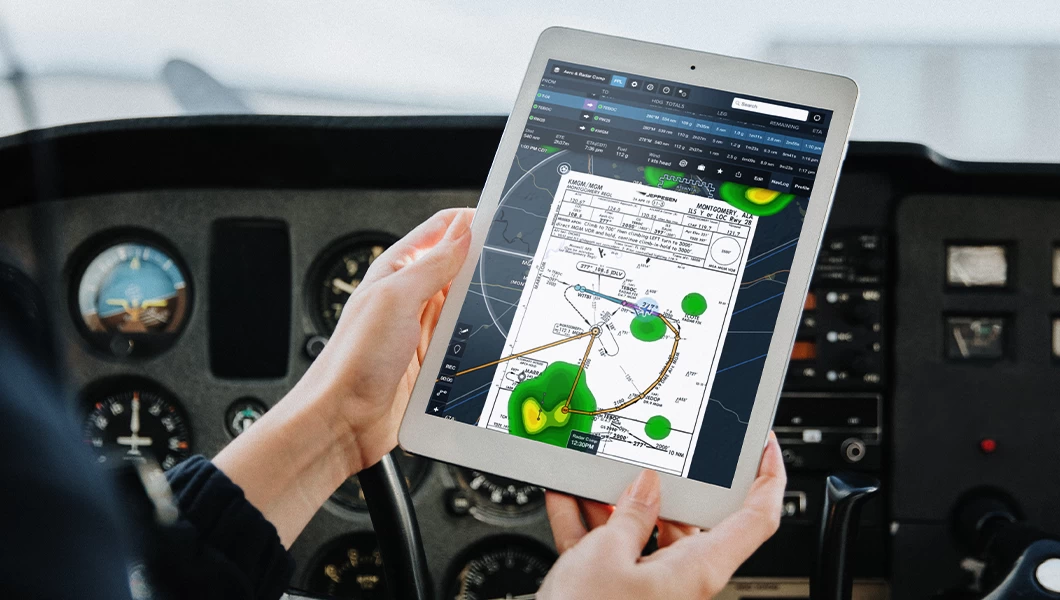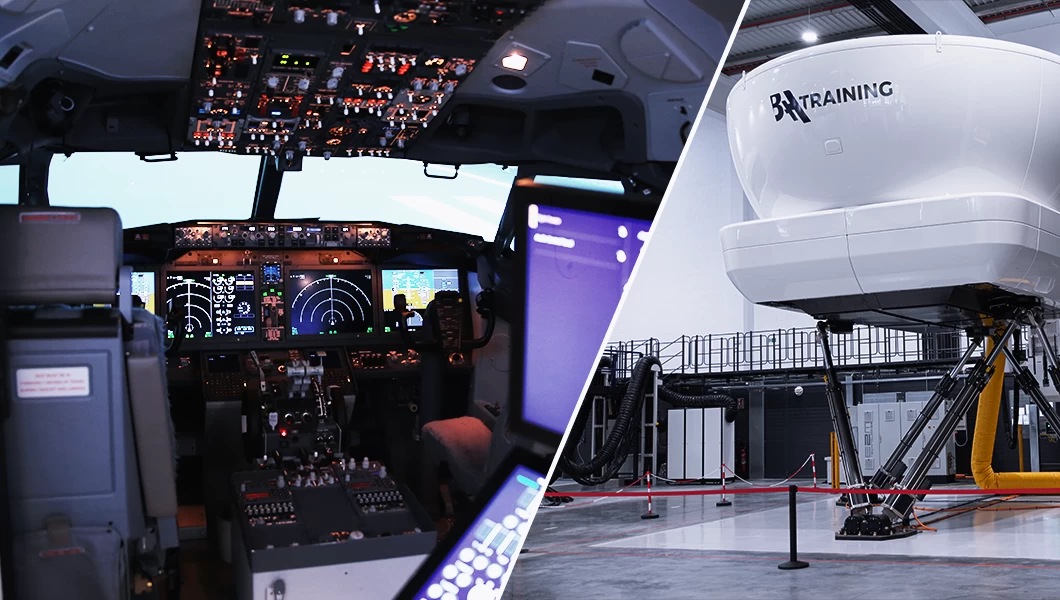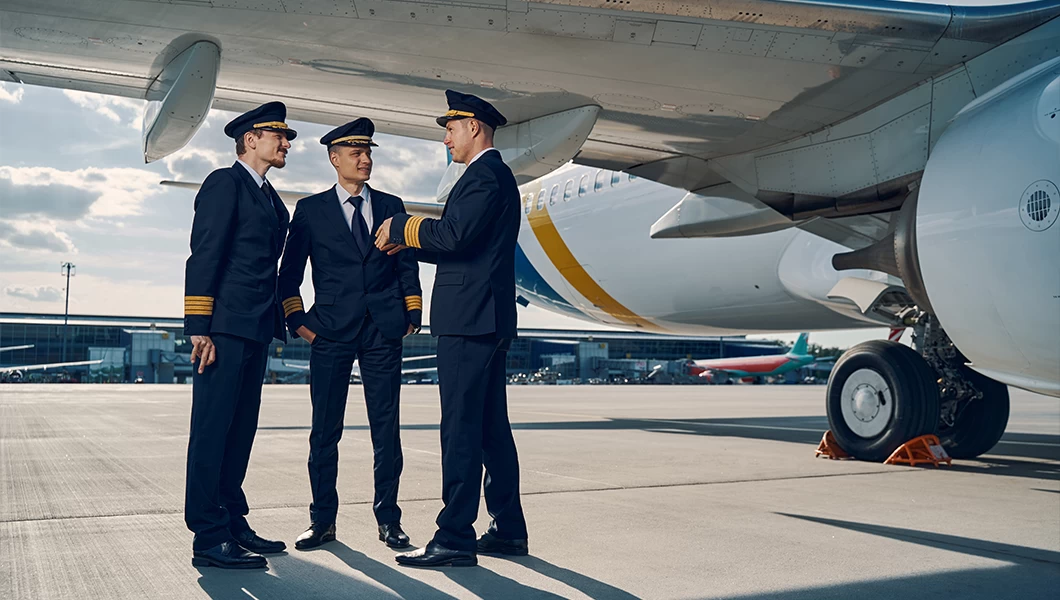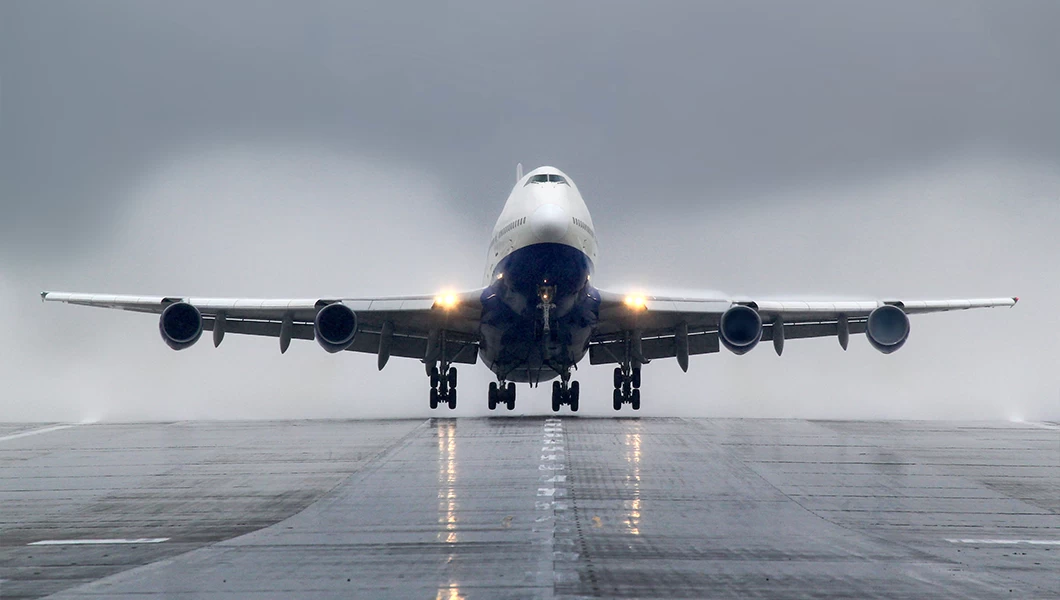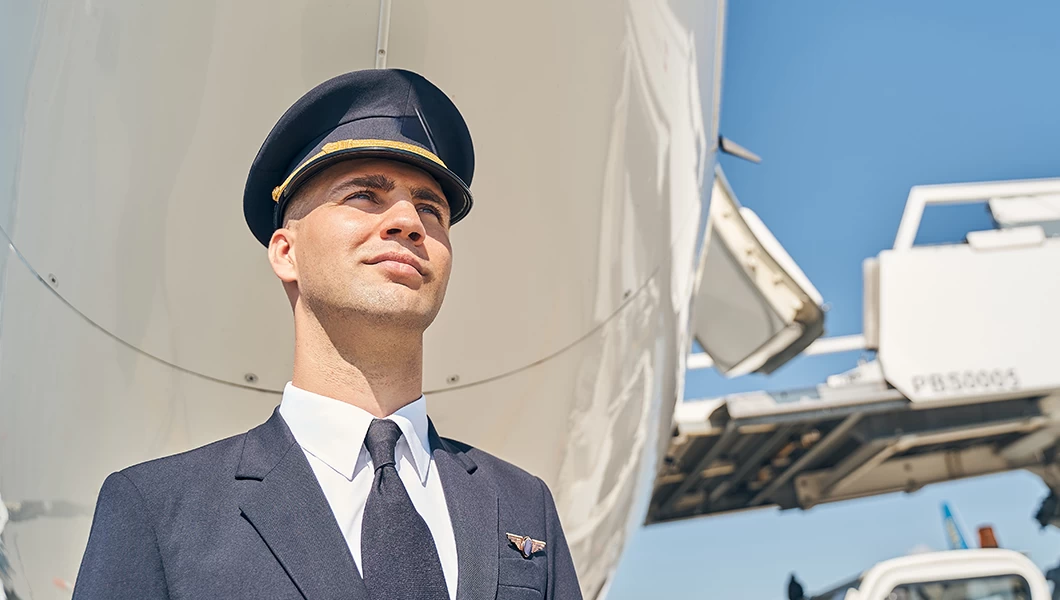Under this program, fully sponsored by Kazakhstan’s government, dozens of students in their second year of commercial pilot training have the possibility to study abroad. They eagerly embrace this opportunity, spending two years at BAA Training before returning to their home country to complete their studies. We have already launched two batches and expect the third one this year, as there is currently a preselection process.
Every interaction they have here, every theory lesson they attend, and every solo flight they complete contributes to the treasury of knowledge they will use thereafter!
We have asked a flight school student, Assolat Sandybayeva, and a ground school student, Adilet Kassymov, to share their thoughts about training on a different continent.
Guys, is there anything you particularly like about BAA Training?
Assolat: My favorite thing about studying at BAA Training is always being surrounded by people who share my passion for aviation. Their support, help, and guidance throughout the ground and flight school greatly motivated me. The atmosphere in this company inspires you to reach new heights in your journey.
Adilet: I really like the interactivity of theory lessons. The instructors are interested in tutoring their subjects, paying attention to every detail, and ensuring every student understands their topic. It differs from the Civil Aviation Academy because the instructor doesn’t have classes with 80 students here, practically allowing the classes to be way more interactive. In addition, the training materials provided are highly valuable and designed with user-friendliness in mind.
Glad to hear that. Are there any more differences you observe between studying in Europe and Kazakhstan?
Assolat: There are not too many, but I will highlight a few that come to my mind:
- Theoretical knowledge instructors who are also airline pilots. At BAA Training, we had pilots as instructors who shared their experience of flying and their path to aviation. In general, their presentation of subjects was more precise and accurate, which later helped us during exams in CAA.
- Aircraft. In my opinion, the C172S is better suited for flight training than the Tecnam 2002JF.
In general, I saw the pilot profession from a different angle here at BAA Training. There’s a totally different attitude towards pilots here in Europe, and I learned a lot from these two years, which I will try to apply in my next stage.
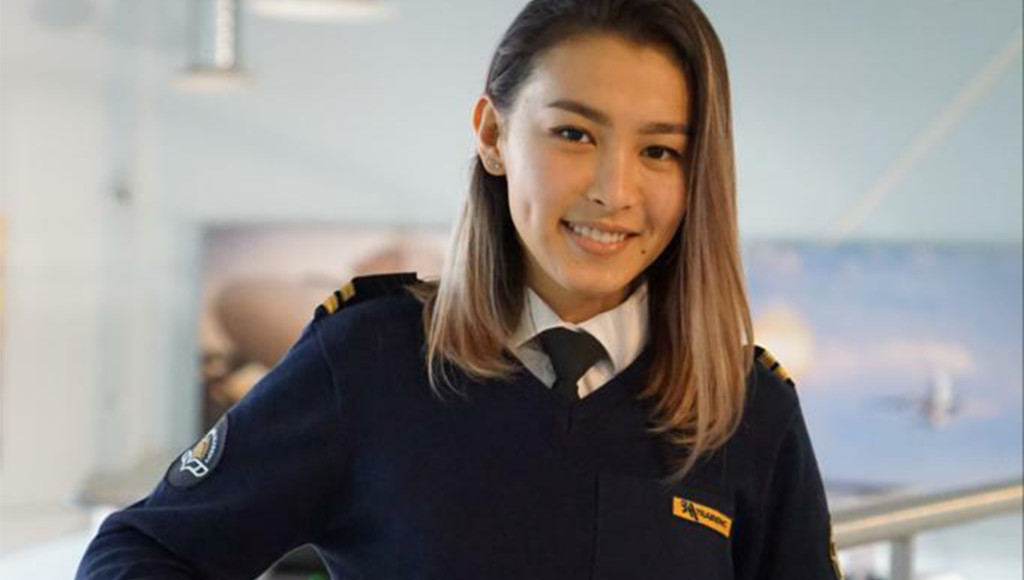
What part of training was easiest to handle, and what was the hardest?
Assolat: The easiest part was just listening to our instructors during the lessons. Passing internal school exams wasn’t a big deal because we still had a lot of information about any subject available. However, the CAA exams were difficult for me. The amount of material we had to refresh in our memory was insane. Besides that, we had to do a question bank to prepare ourselves better.
Adilet: I would say moving to a foreign country with a different culture and starting quite challenging training might be stressful for many. But since it’s not my first experience leaving home, adapting was relatively easy.
Similar ARTICLES
Experiencing culture shock can indeed be challenging. Did having personal training managers make it any easier?
Adilet: Yes, absolutely. I was pleasantly surprised by the training managers’ exceptional proficiency. BAA Training has a highly qualified staff.
Assolat: I agree that our training managers are super nice and friendly. Their support throughout this challenging journey motivated us greatly and keeps us in line.
Your PILOT CAREER
starts with a first click
What do you usually do when you get some leisure time?
Assolat: In my free time, I usually relax after flights or lessons. Typical things like cooking and cleaning may sometimes take quite a lot of that time, but it’s rather good. Here in Spain, if the weather allows us, we can walk around the city or have dinner with other students. In contrast, we barely had free time back in Vilnius because we were busy preparing for CAA exams. Of course, it depends on each person, but for me, even walking to the store was a rest after endless questions.
Adilet: You’re reading my mind, Assolat. I don’t have much time after the lessons here in Vilnius. However, when I do have some free time, I either go to the gym, accessible for free thanks to BAA Training, or explore the city.
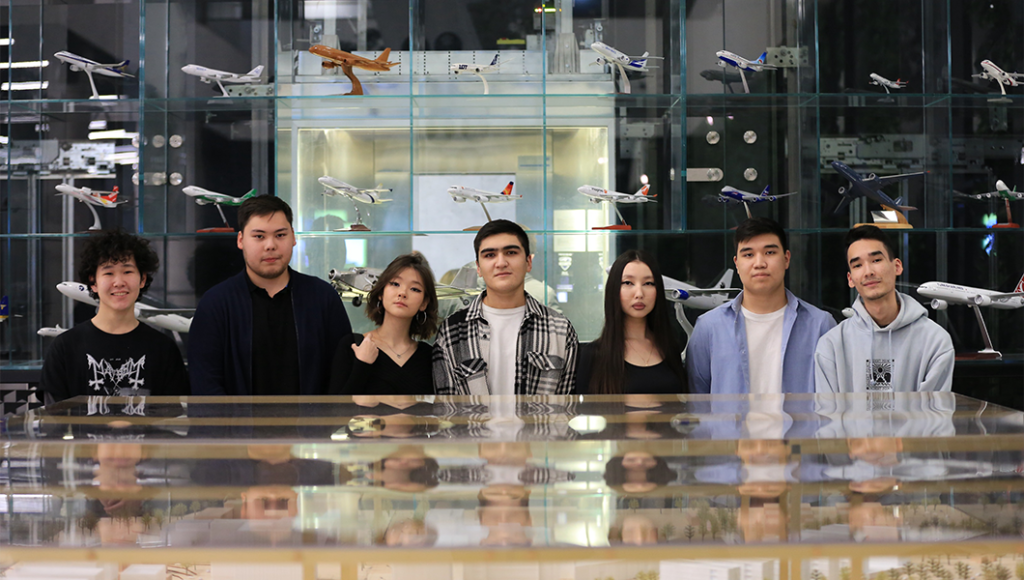
The effort and lack of free time will surely pay off one day! Is there anything you’d like to share with those considering a pilot career?
Assolat: It all started from dreams and has become my main goal in life. I would even say it’s my destiny. The will to fly and explore the world, along with the opportunity to share all this with my family, are my main interests now. Looking at pilots, I understand that everything is possible and manageable. Any difficulties I face make me stronger and help me gain invaluable experience in my life. So, if you are passionate about aviation, you can achieve it too!
Adilet: Being a pilot is a captivating fantasy. However, it’s not easy to become a pilot. It takes a lot of effort to complete the training and pass the examinations successfully. So, a pilot should be well-disciplined, flexible, and able to cope with stress.
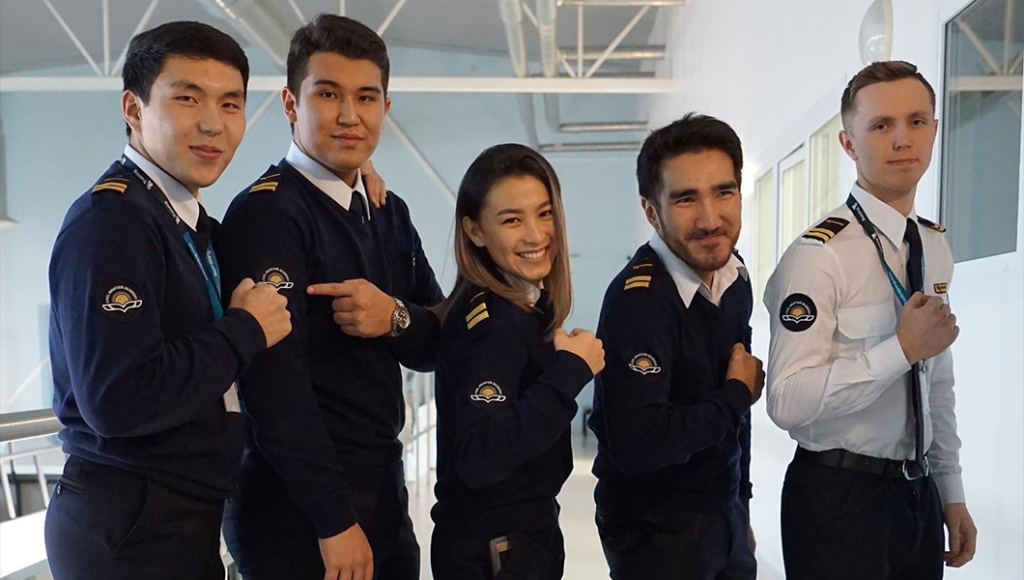
We thank the guys for openly sharing their experiences and hope they make the most out of their time at BAA Training’s ground school in Lithuania, as well as while refining their flying skills in Spain. Upon returning to Kazakhstan, in addition to the higher education they will receive from CAA, they will also have gained rich experience of studying abroad, improved English skills, an EASA pilot license, valuable contacts, and, as Assolat mentioned, a new perspective on the pilot profession.
